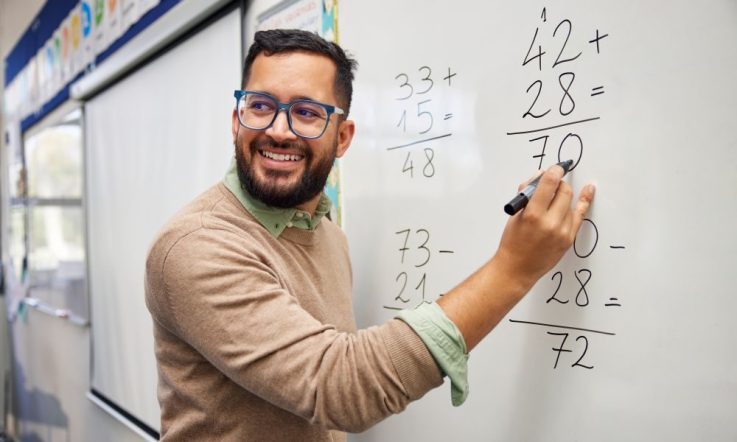Welcome to this edition of Researching education: 5 further readings. In this series, we take a look at some further readings available on a particular topic, including open access research papers from various online catalogues, and Teacher archive content you might not have come across yet.
Teaching assistants (TAs) and other specialist support staff are important resources in a school. In this edition of Researching education: 5 further readings, we share 5 resources on the topic of specialist and support staff in schools. In the list below, you can access 2 publications designed specifically for school leaders on making the best use of TAs and one paper on the role of Aboriginal Education Workers.
- Making the best use of teaching assistants. This guidance report from Evidence for Learning (E4L) is designed primarily for use by principals and school leadership teams. The resource offers 7 practical evidence‑based recommendations – from ensuring TAs are fully prepared for their role in the classroom, to using TAs to deliver small group support – to guide schools in maximising the impact of teaching assistants to make a difference to student outcomes.
- Making time for great teaching: A guide for principals. This guide from the Grattan Institute is also aimed at principals. It builds on the Institute’s 2022 survey of 5,000 Australian teachers, which found that 90% say they don’t have time to prepare effectively for classroom teaching. The guide is broken down into 5 sections and sets out practical actions school leaders can take now to make more time for effective teaching in their school. Section 2, Let Teachers Teach, advises that schools should ‘draw more effectively on specialist and support staff to support complex teaching activities’. Case studies are also presented, including a Melbourne school principal who delegates a range of tasks to non-teaching staff.
- Designing an intervention approach: Making staffing and timetabling decisions. The role of paraprofessionals and specialist staff (such as speech pathologists and psychologists) as part of a MTSS (multi-tiered system of supports) team, is outlined in this paper from the Australian Education Research Organisation (AERO). ‘“Paraprofessionals” refers to adults who contribute to teaching and learning without holding teaching qualifications, like TAs and pre-service teachers. Paraprofessionals can provide 1:1 or small group intervention that results in around 3 to 4 months’ additional progress over a year,’ the report reads.
- The importance of Aboriginal Education Workers for decolonising and promoting culture in primary schools: An analysis of the longitudinal study of Indigenous children (LSIC). This paper published in 2021 outlines the important role Aboriginal Education Workers (AEWs) play in promoting culture in primary schools, using data from the LSIC. ‘Results show that there is a positive impact on Aboriginal culture within schools through having an AEW present all or some of the time. For Aboriginal children to grow up strong, employment of an AEW is important to decolonise the school environment and provide a holistic education,’ the authors write.
- Teaching assistants in inclusive classrooms: A systematic analysis of the international research. This paper reports on research that involved a review of studies on the use of TAs in inclusive classrooms from the past 10 years. Specifically, it investigates the roles of TAs, their impact on students, educators, and inclusive education, and the factors that influence the performance of TAs. Findings from analysis of these studies include opportunities for clearer identification of the role of TAs and classroom teachers. The authors also make recommendations, including ways to enhance the efficacy and the practices of TAs.
Some of the resources featured in this article can be found through Cunningham Library Catalogue and EdResearch Online. At the links below, you can search for more resources on the topic of specialist and support staff in these 2 online databases.
You can also browse other education topics at this page.



